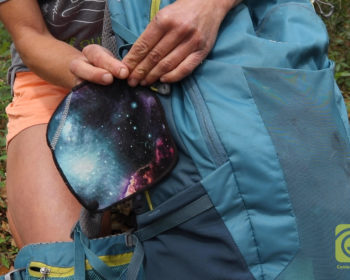
When outdoor visitors plan ahead and prepare, it helps to accomplish trip goals safely and enjoyably while simultaneously minimizing damage to the land. Poor planning often results in a less enjoyable experience and damage to natural and cultural resources.
The Basics:

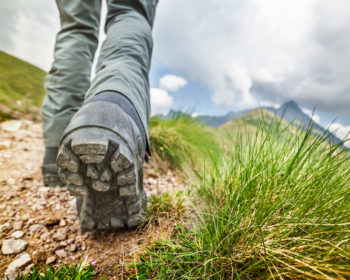
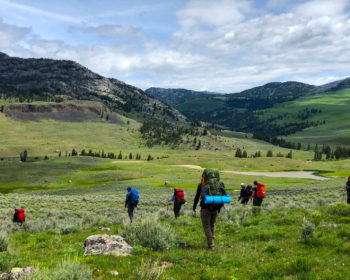
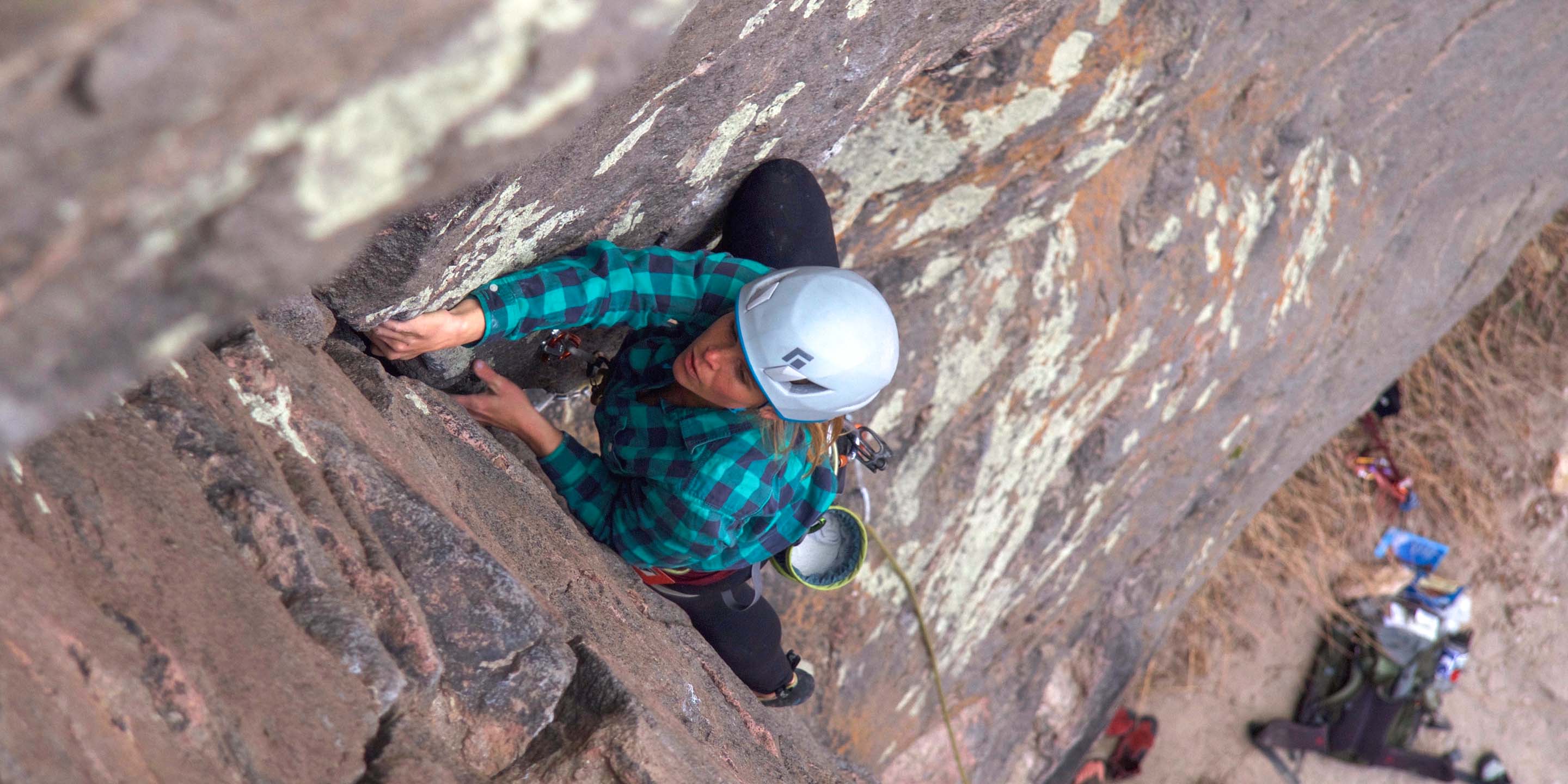
• Identify and record the goals (expectations) of your trip.
• Identify the skill and abilities of trip participants.
• Gain knowledge of the area you plan to visit from land managers, maps, and literature.
• Choose equipment and clothing for comfort, safety, and Leave No Trace qualities.
• Plan trip activities to match your goals, skills, and abilities.
• Evaluate your trip upon return and note changes you will make next time.
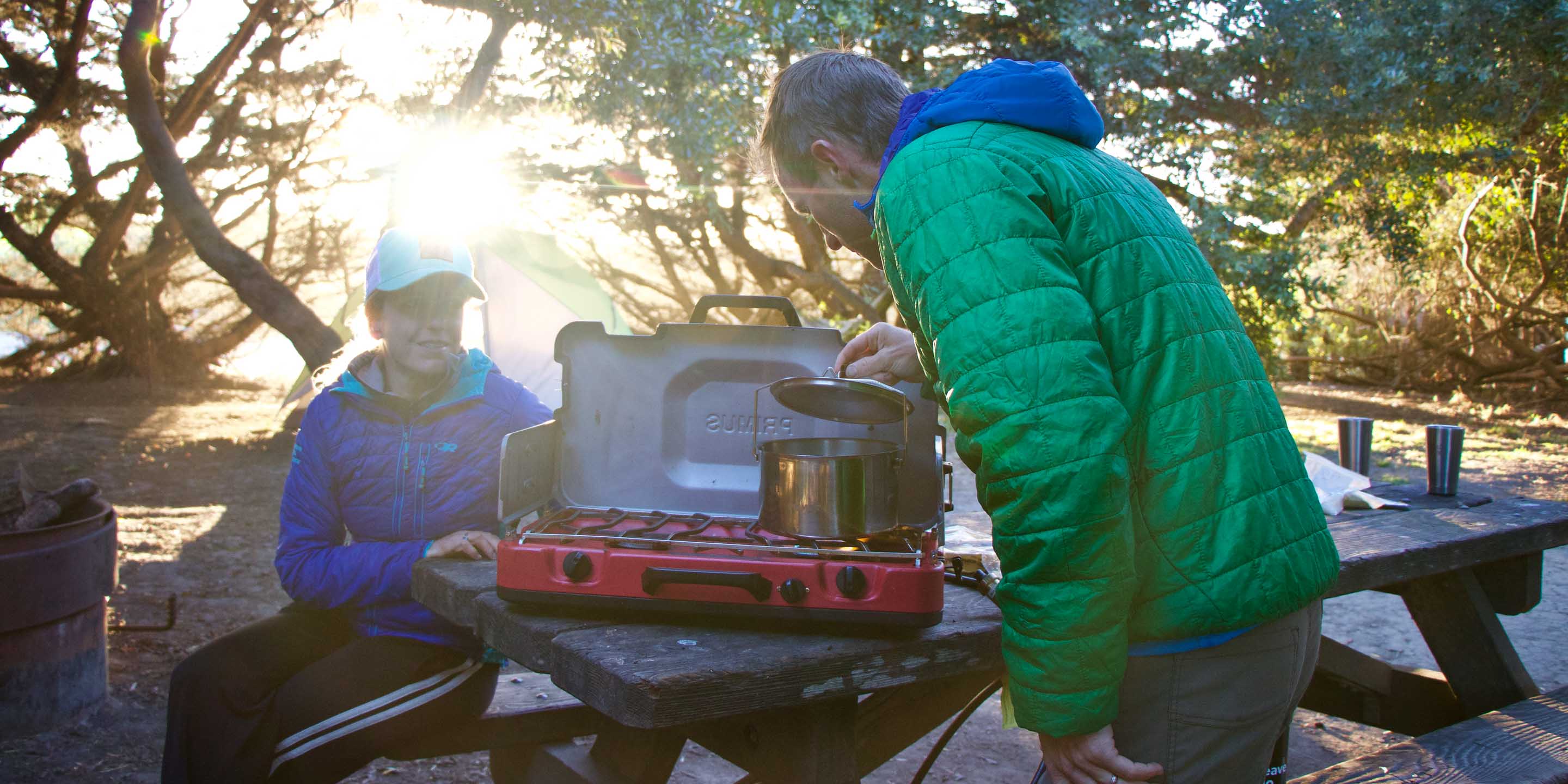
Planning for meals and lightweight snacks that require minimum packing and preparation time lightens loads and decreases garbage. One-pot meals require minimal cooking utensils and eliminate the need for a campfire. Remember, a stove Leaves No Trace. It can be helpful to remove food from its commercial packing and repackage it. This method can reduce the amount of garbage your group must pack out at the end of the trip and reduce bulk.
A poorly prepared group may plan to cook meals over a campfire only to discover upon arrival at their destination that a fire ban is in effect or that firewood is in scarce supply. Such groups often build a fire anyway, breaking the law or impacting the land simply because they have not planned for alternatives.
A group that has failed to develop good travel plans may be unable to travel as fast as expected. The terrain may be too steep, or the trails too rugged. These groups often resort to setting up camp late at night, sometimes in an unsafe location. Poor campsite selection usually leads to unnecessary resource damage. In addition, the group may never even reach their planned destination.
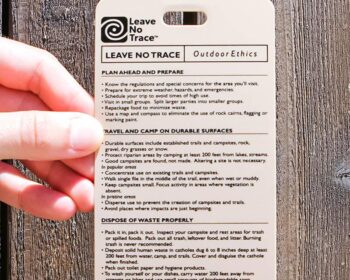
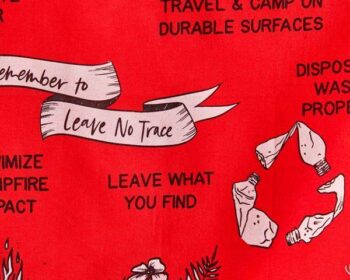
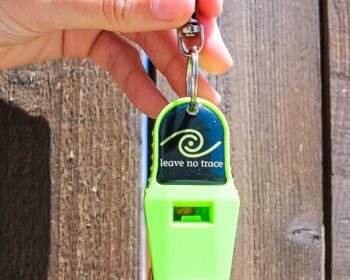
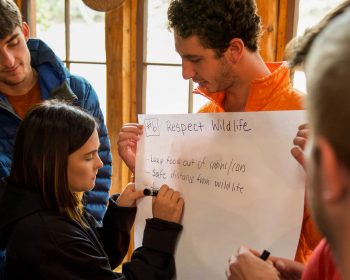

 hands in the middle of a circle during an activity." width="350" height="280" />
hands in the middle of a circle during an activity." width="350" height="280" />Do you believe that education is the most effective line of defense for protecting the outdoors? Leave No Trace teaches millions of people the critical skills needed to care for the environment every year.
Get the latest in Leave No Trace eNews in your inbox so you can stay informed and involved.